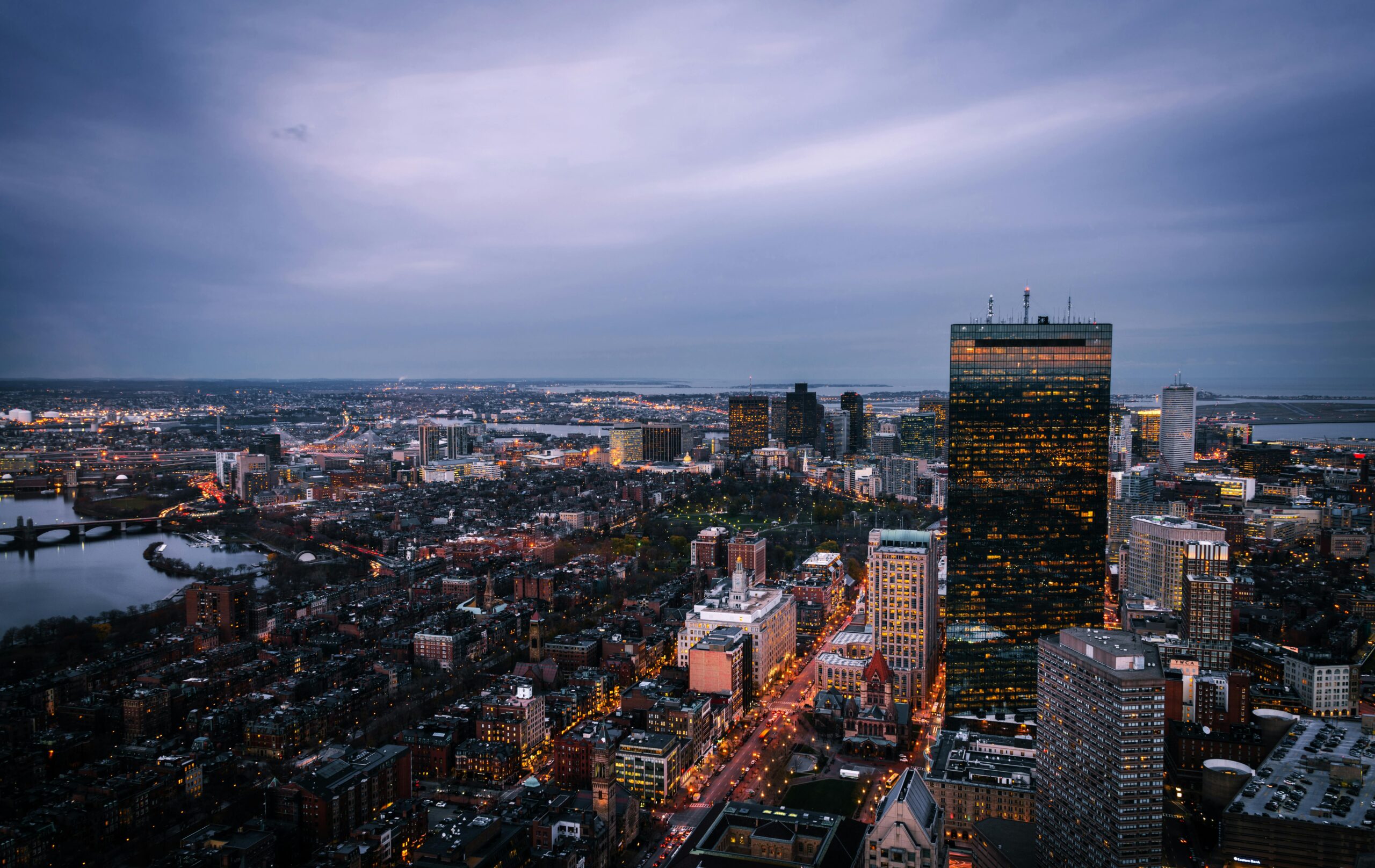Real Estate was the best thing since sliced bread when interest rates were down in the 3s and below, today we have a very different financial climate. Today you hear a lot of things like “interest rates are high” “don’t buy” “now’s not a good time to get into real estate, wait till the market crashes” and things of that sort. It is true that interest rates are higher than they used to be, recently. However when you look back at the economy decades ago, interest rates were once even higher than they are today, and that was the norm. Granted, houses were also much cheaper at the time. All of this is to say that although elevated rates are creating an issue for many people, low rates may not be the solution either. Could rates drop? Sure, but at this point it may not necessarily help the problem. Allow me to explain.
The facts are right, interest rates are high and housing inventory is at an all time low. The latter should be more concerning, but we will dive into how interest rates got us here in the first place. Hard pill to swallow: Low interest rates are largely responsible for this problem (low housing inventory). This is because of something called the lock in effect. When people could buy homes at a 2.9% interest rate in 2020, this made those same individuals never want to sell their property because they may never get an interest rate that low again. Think about it, to kiss goodbye that interest rate and try to buy a home of the same value at today’s interest rates would be a massive increase in expenses, who would want to do that?
I can’t blame anyone, as this really is a systemic issue. The fact is, low interest rates create bubbles in the housing market, so when people say that lowering interest rates will fix the problem, I tend to disagree and lean the other way, I believe it could make the problem worse. Even with today’s interest rates, competition to buy homes is higher than ever, a rate drop would certainly qualify for more individuals to buy homes, but now you have even more competition on very limited supply. How does that help?
I admit this is a complex issue without a clear solution, but on an individual level, there are some things prospective home buyers can do to work around this dilemma. To offset the lock in effect, many lenders today have begun offering assumable mortgages, creating a potential for new homebuyers to adopt a rate from a few years ago. There are also ways you can buy property unconventionally, through something called seller financing. This essentially means you don’t use a bank for the transaction, rather the seller becomes the bank and you make payments directly to them. In this case, a lower interest could be negotiated, however these deals are a little more complicated to navigate, certainly for a beginner.
At the end of the day, I don’t think it’s ever going to get easier to buy homes, and that is the sad truth. However, it’s all about perspective, and this very issue is what’s made real estate such a powerful investment vehicle and hedge to inflation. If you can get in, no matter how long it takes, no matter how much effort you put in, it will pay dividends. I do believe it is still very possible and there are tons of opportunities for new home buyers in 2024 despite issues created by the lock-in effect. Seasoned investors know that the tide comes and goes, and your ability to weather the waves during both good and hard times will make or break you as an investor. Thanks for reading
